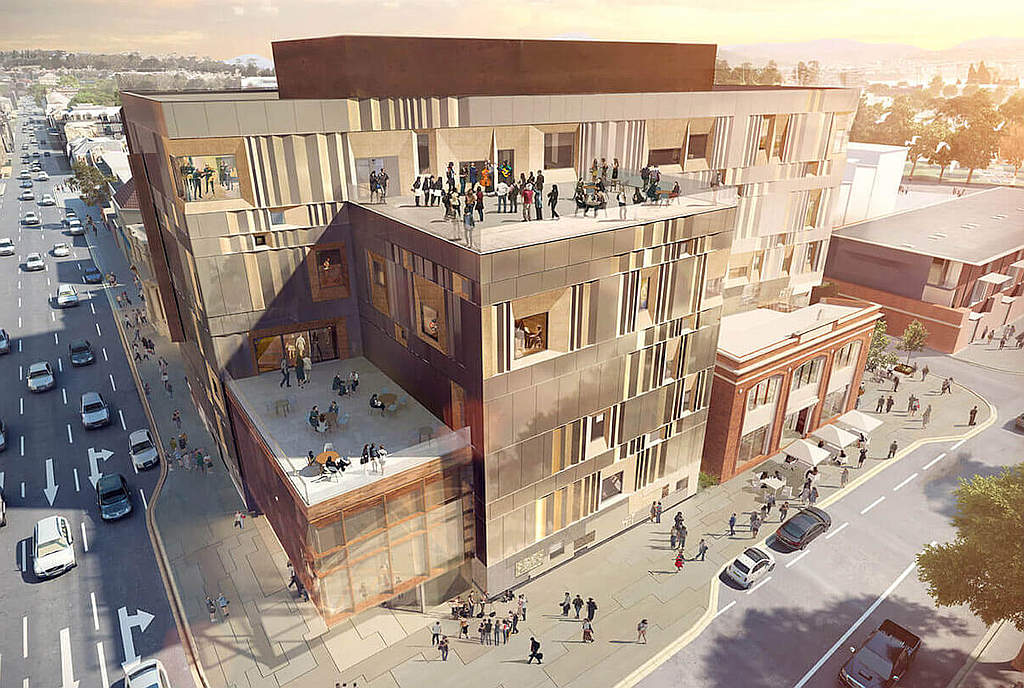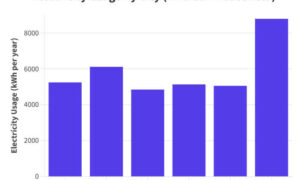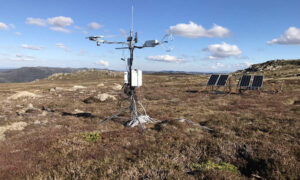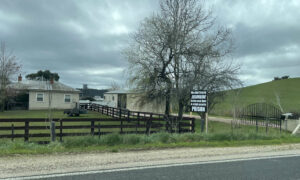Media release – UTAS, 9 August 2021
Music, performance and partnership at the heart of the Hedberg
The official opening of The Hedberg today is a moment to celebrate Tasmania’s rich musical and performance talent and to look ahead to an exciting creative future.
University of Tasmania Vice-Chancellor Professor Rufus Black said the Hedberg was made possible by the strength that comes with working in partnership with governments, cultural organisations and philanthropic donors.
The Hedberg has been delivered by the University of Tasmania, the Tasmanian and Australian governments and the Theatre Royal. The partnership, and philanthropic support, have been critical to the realisation of what is one of Tasmania’s most ambitious cultural and arts infrastructure projects.
The building was officially opened by the Minister for the Arts, the Hon Elise Archer MP.
The Hedberg is home to the University’s music program. It will be a centre for University collaboration and performance with the arts and cultural sector and the Tasmanian community.
“We are a university deeply committed to the creative arts in Tasmania. This building will be the home to creative expression for and from our island in ways we have never seen before,” Professor Black said.
“Success in music and other creative arts requires extraordinary focus and dedication. This is a moment to celebrate the excellence of the staff and students, both classical and contemporary, in our music program.”
Professor Black said music, in its many forms, played an ever-expanding role in our lives, whether that be streaming through mobile devices or as integral parts of the gaming, video and multi-media we consume.
“Even in the digital world that very human experience of live performance is irreplaceable. In the post-COVID era in this beautiful building we will be able to enjoy that uplifting and unifying community experience of hearing great music together.”
The Hedberg enables the convergence of art, science and technology. It invites questions such as how can we improve the lives of dementia patients with music, or make the big data of the oceans accessible through image and sound? It challenges us to explore sonic frontiers and unleash the potential of digital interconnectivity, streaming, broadcasting, mixed media production, theatrical and visual expression, video and gaming.
“We can invite the community and our partners into the centre of Hobart and at the same time be giving students insights into the way that arts venues will function into the future,” Professor Black said.
“With industry partners we can give students outstanding opportunities to contribute to real world events, from local music festivals to international collaborations culminating in online performances for audiences anywhere.”
The Hedberg’s architecture, by Tasmanian firm Liminal, is inspired by its place on the land of the muwinina people. After European settlement the land was the location of working-class homes, industry and entertainment. The University of Tasmania entrance to the building is through the heritage-listed facade of the 1925 Hedberg Brothers Garage in Collins Street.
Philanthropic support was integral to the development of The Hedberg, with spaces in the building named to reflect this: The Ian Potter Recital Hall, The Vanessa Goodwin City Room, The Vanessa Goodwin Roof Garden and The Claudio Alcorso Foyer.
The Hedberg is part of a creative precinct that includes the University’s Art School in Hunter Street, the Tasmanian Symphony Orchestra’s Federation Concert Hall, the Media School at Salamanca and the Tasmanian Museum and Art Gallery.

































